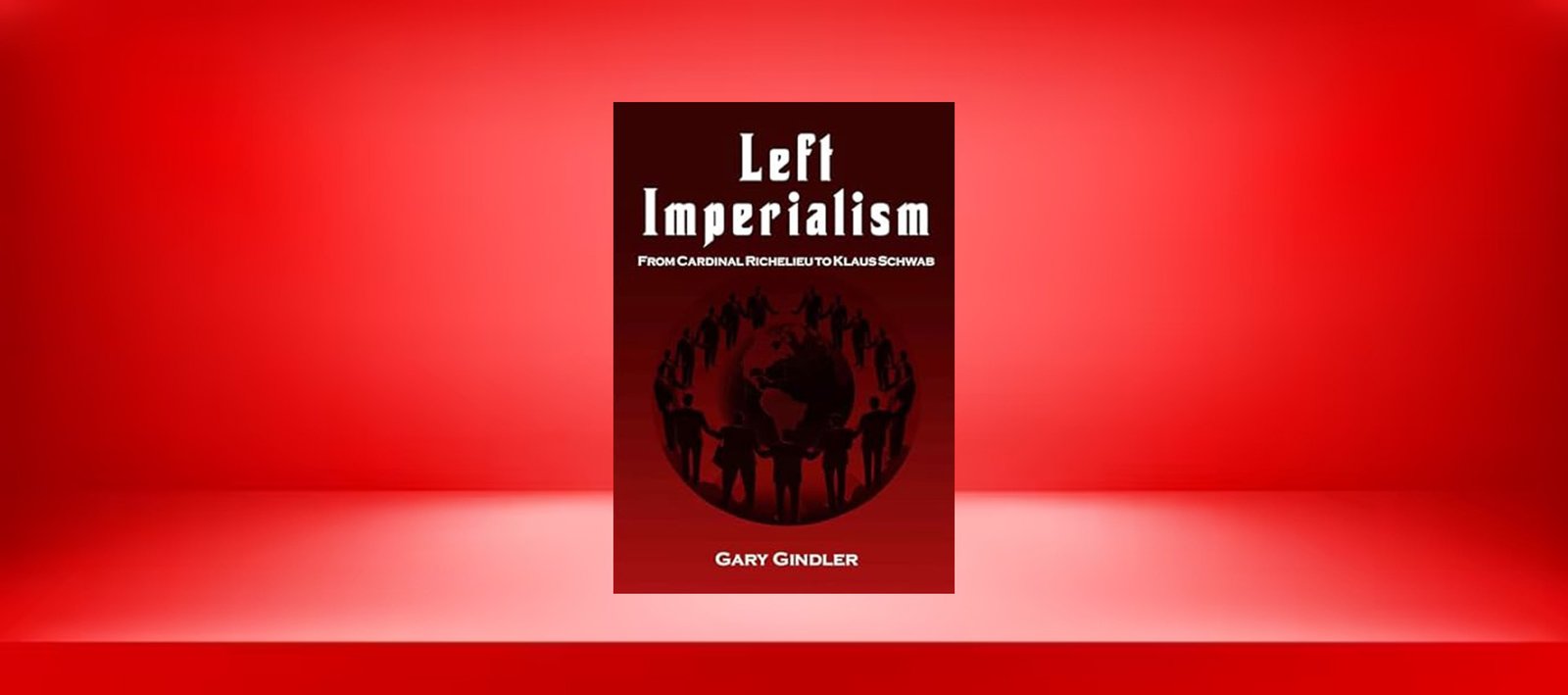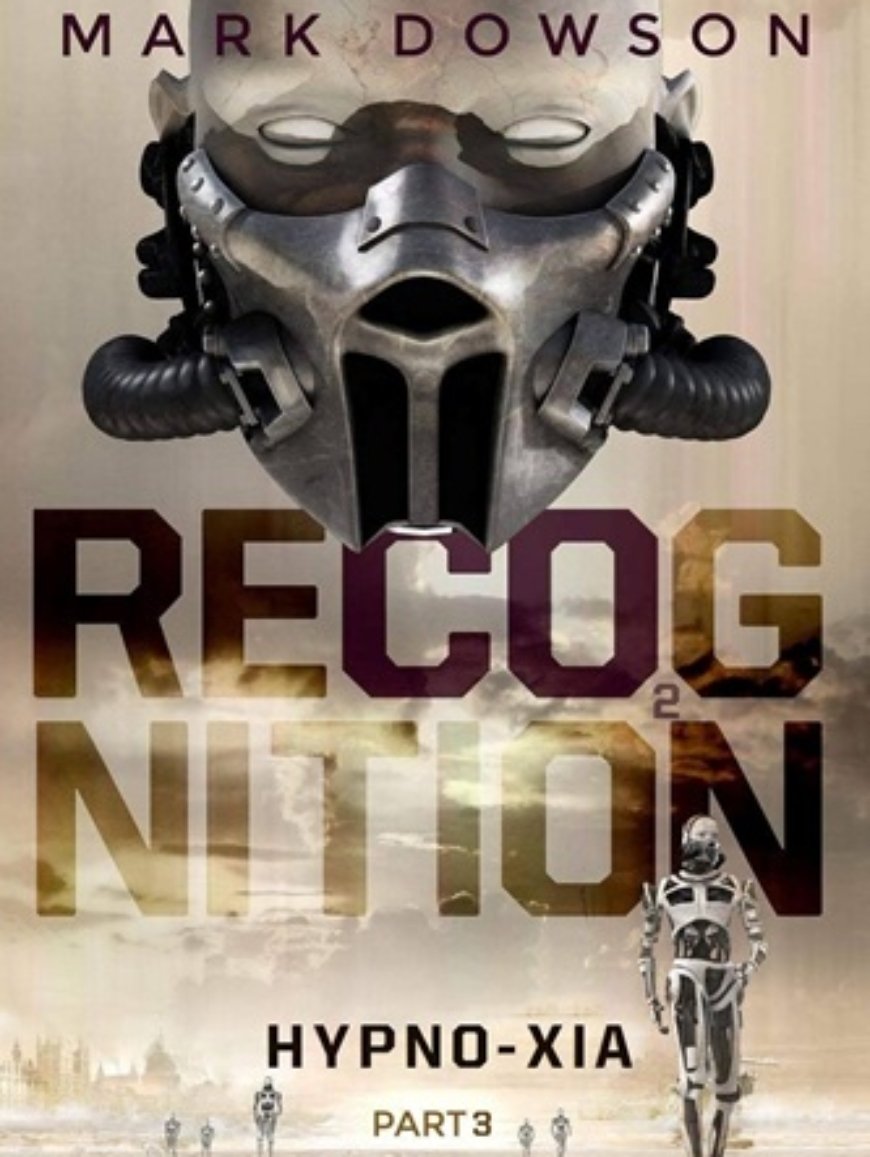Left Imperialism: From Cardinal Richelieu to Klaus Schwab:- Is a tale of the Evolution of Left Imperialism and Political Ideologies

Prepare yourself for an exhilarating journey through a range of emotions, from heart-wrenching dramas to pulse-pounding thrillers and captivating historical tales. Welcome to the dynamic world of genre fiction, where each page turn guarantees a flood of feelings and immerses you in captivating storytelling. At BookPinks, we’re thrilled to showcase a carefully curated collection of genre fiction books that promise unforgettable adventures and will leave you yearning for more. Let’s dive in and explore every emotion through these gripping novels.

Left Imperialism: From Cardinal Richelieu to Klaus Schwab
Additional information
| Author |
|---|
The concept of Left Imperialism introduces a novel approach known as ideology archaeology.
Is the United States Constitution aligned more with conservative or liberal ideologies? What is the origin of the conservative-liberal divide? Are American conservatives ideologically linked to British conservatives? Furthermore, how do anarchists position themselves in the political spectrum—are they aligned with left-wing or right-wing ideologies?
Gary Gindler’s book, “Left Imperialism: From Cardinal Richelieu to Klaus Schwab,” presents a meticulous exploration of political ideologies across historical epochs, delving into the concept of cultural imperialism. This comprehensive analysis navigates through the evolution of ideologies and their impact on contemporary political discourse. Let’s delve into the key insights and perspectives presented by the author in a concise manner:
1. Ideological Archaeology: Unearthing Historical Roots
“Left Imperialism” introduces readers to the concept of ideology archaeology, a novel approach that seeks to unearth the historical origins and transformations of political ideologies. Gindler takes readers on a journey through time, examining how ideologies such as Conservatism, Fascism, Liberalism, Marxism, and Anarchism have evolved from Cardinal Richelieu’s era to the contemporary era represented by figures like Klaus Schwab. This exploration provides a deep understanding of the ideological foundations that shape modern political thought.
2. Conservative-Liberal Dichotomy: Origins and Connections
Central to the book is the investigation into the conservative-liberal dichotomy and its historical origins. Gindler delves into the question of whether American conservatives are intrinsically linked to their British counterparts, unraveling the nuanced connections between conservative and liberal ideologies across different cultural and historical contexts. By tracing the roots of this ideological divide, the author offers valuable insights into the complex interplay of political ideas and affiliations.
3. Evolution of Political Terminology: Semantic Shifts and Perturbations
“Left Imperialism” provides a comprehensive analysis of the evolution of political terminology, such as “left-wing” and “right-wing,” throughout history. Gindler meticulously examines how these terms have undergone semantic shifts and perturbations, shaping contemporary political discourse. By unraveling the semantic evolution of political language, the author enhances readers’ understanding of the nuanced meanings and implications associated with ideological labels.
4. Detailed Examination of Political Movements
The book offers a detailed examination of major political movements, including Conservatism, Fascism, Liberalism, Marxism, and Anarchism. Gindler’s analysis spans historical epochs, from Cardinal Richelieu’s era to World War II and beyond, providing readers with insights into the ideologies, motivations, and impacts of these influential political movements. Through meticulous research and critical analysis, the author sheds light on the complexities of ideological landscapes and their historical trajectories.
5. The Individual-State Paradigm: A Novel Concept in Political Philosophy
Central to “Left Imperialism” is the introduction of the “individual-state paradigm,” a groundbreaking concept in political philosophy. Gindler proposes this paradigm as a generalization and extrapolation of the traditional Right-Left distinction, emphasizing the interplay between individual freedoms and state governance. By presenting this innovative framework, the author offers readers a fresh perspective on understanding and navigating ideological landscapes, fostering deeper insights into the relationship between individuals and political systems.
In conclusion, “Left Imperialism” by Gary Gindler is a comprehensive and insightful exploration of ideological evolution across historical epochs. Through ideology archaeology, detailed examinations of political movements, and the introduction of the individual-state paradigm, Gindler provides readers with valuable insights into the complexities of ideological development and its impact on contemporary political thought. The book serves as a thought-provoking resource for understanding the historical roots and dynamics of political ideologies in today’s global context.
Recent Added
Find Us
Address
123 Main Street
New York, NY 10001
Hours
Monday–Friday: 9:00AM–5:00PM
Saturday & Sunday: 11:00AM–3:00PM
Calendar
| M | T | W | T | F | S | S |
|---|---|---|---|---|---|---|
| 1 | ||||||
| 2 | 3 | 4 | 5 | 6 | 7 | 8 |
| 9 | 10 | 11 | 12 | 13 | 14 | 15 |
| 16 | 17 | 18 | 19 | 20 | 21 | 22 |
| 23 | 24 | 25 | 26 | 27 | 28 | 29 |
| 30 | 31 | |||||




